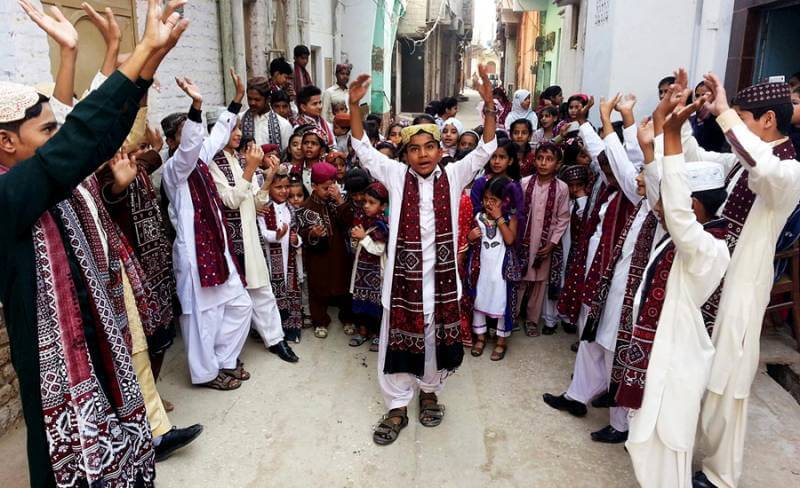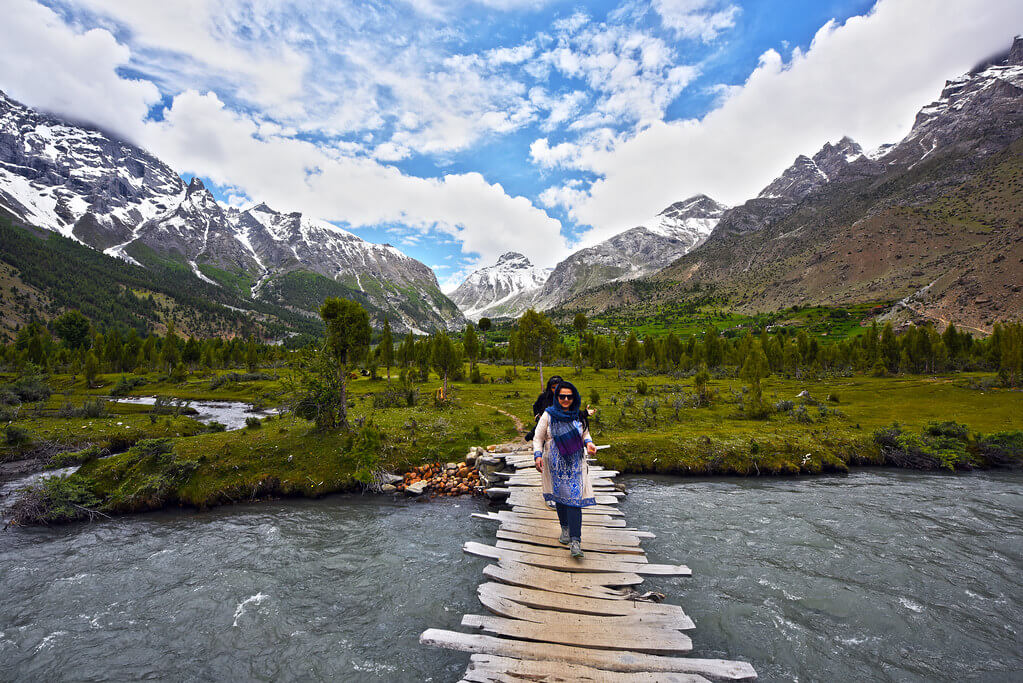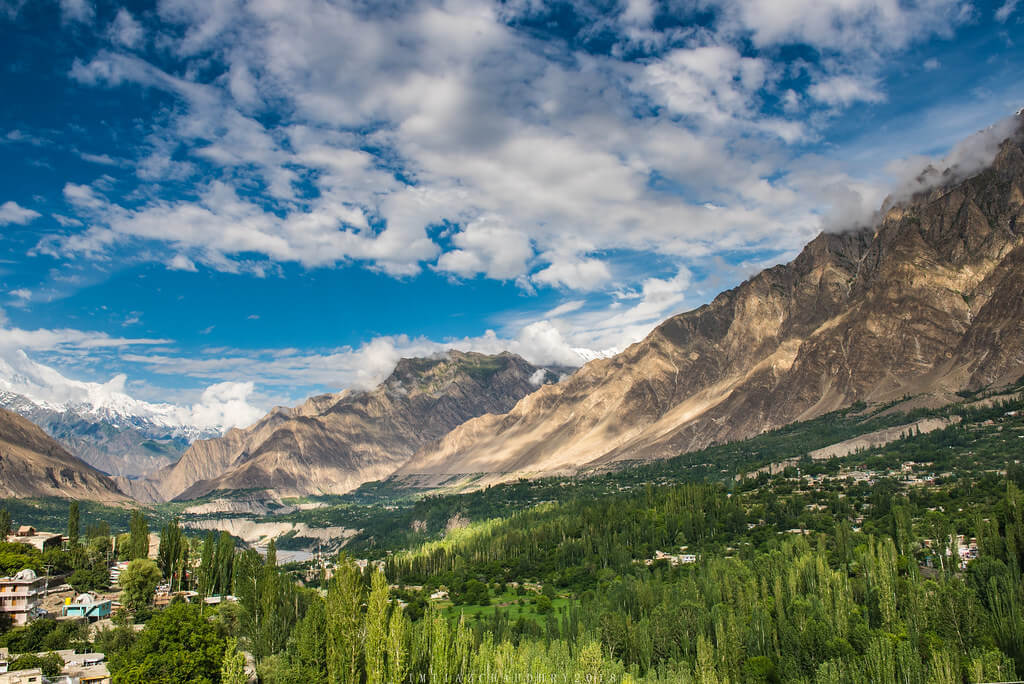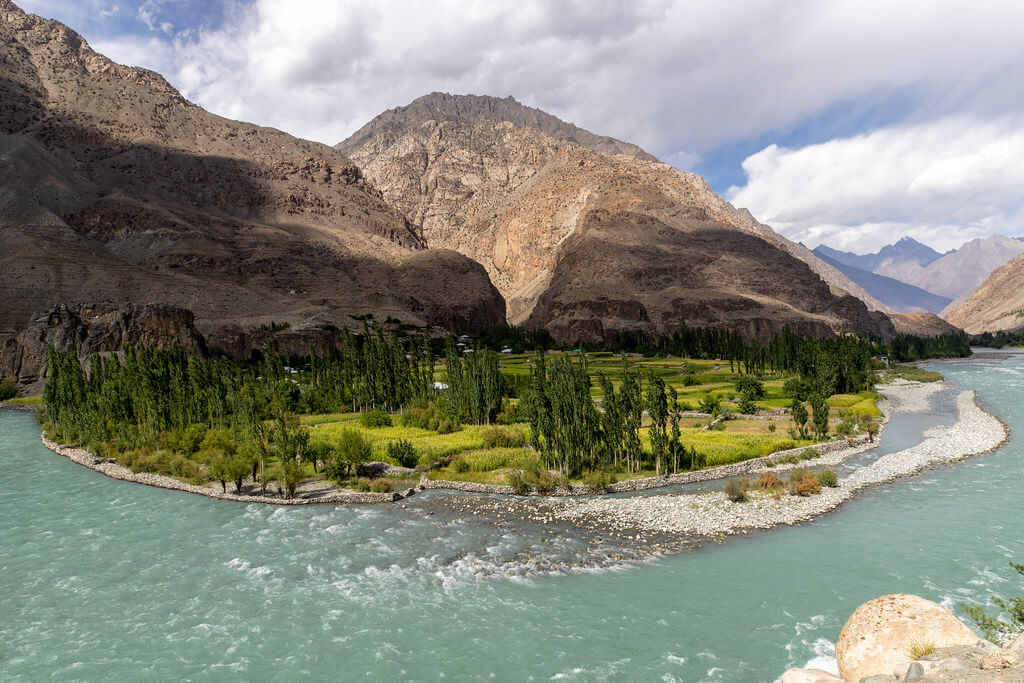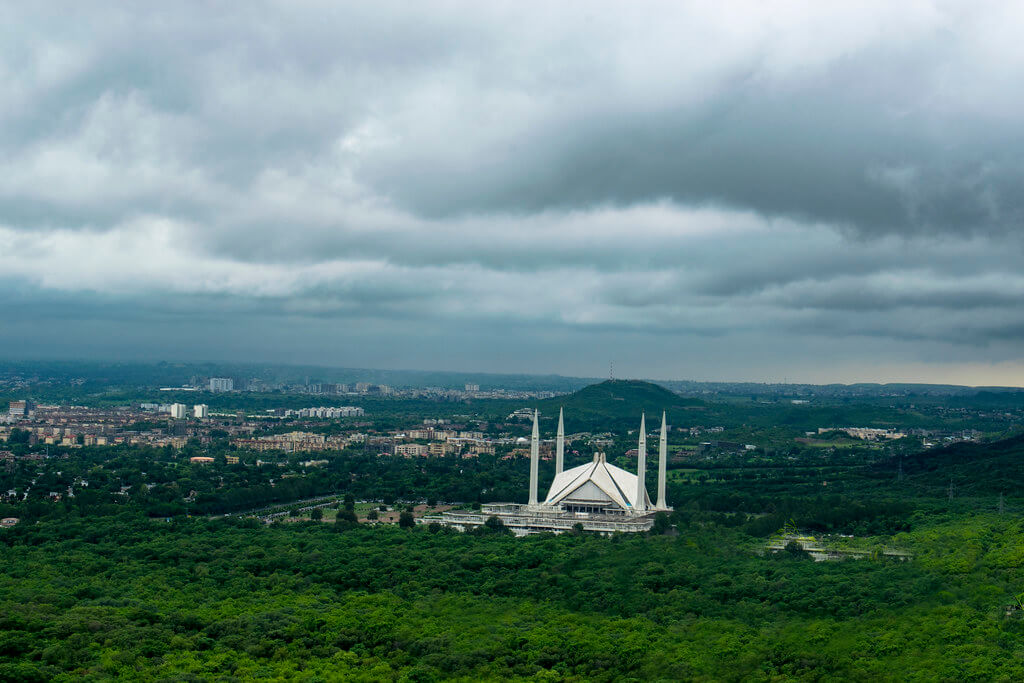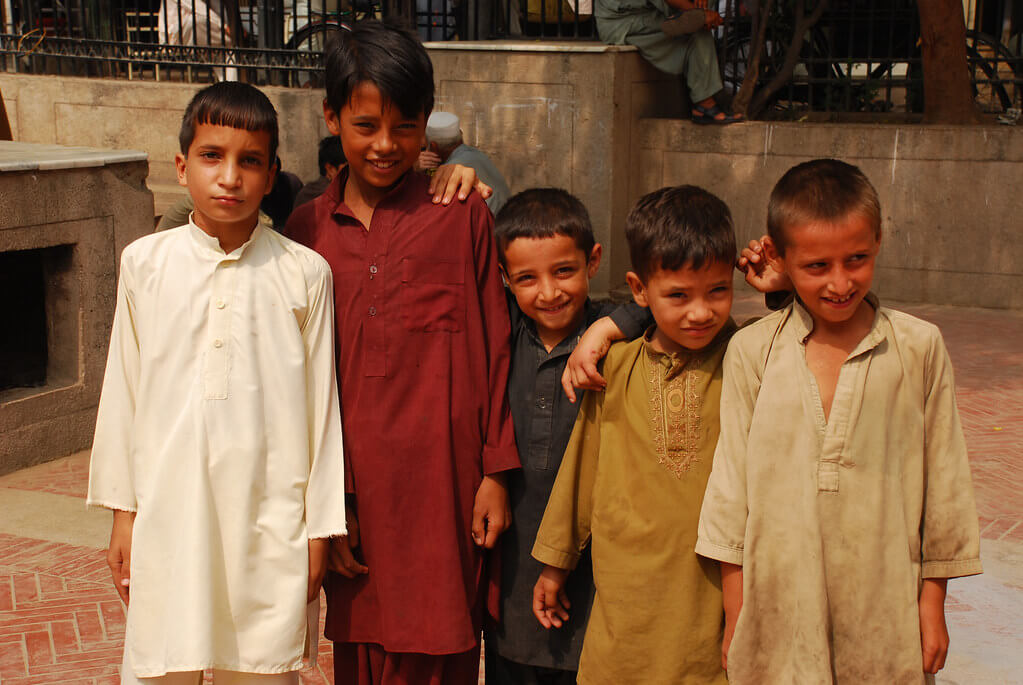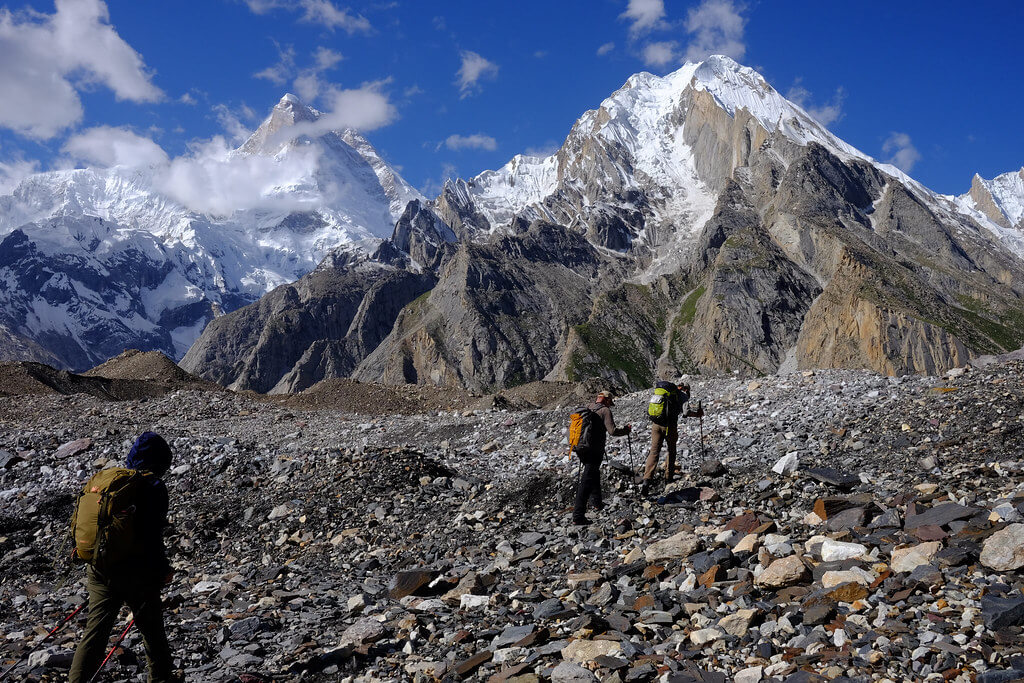Is Pakistan safe?
If you want to visit Pakistan, it is safe for both men and women. Pakistan is now and has been safe for travelers. And yes, this includes female solo travelers! According to the country’s leading daily, Dawn, tourism in Pakistan has surged by more than 317% since 2014, and this figure has only climbed after the story was published. Pakistanis are exceedingly cordial and accommodating to visitors from other countries.
In conclusion, Pakistan is secure.
What is the truth about Pakistan’s security situation?
The country has substantially stabilized since the peak of Taliban activity in 2009-2012. To protect the peace, Pakistan’s military keeps a tight grip on the country. Behind the scenes, the country’s intelligence organization, ISI, is working hard to ensure that any threats are dealt with before anybody is hurt. Streets may look militant owing to the numerous checkpoints and army personnel, but they are far safer than they were previously.
The Pakistan shown in the media, with its plethora of weapons, bombs, and terrorists, is not the Pakistan that exists in reality. Nowadays, sites where casual tourists are likely to come are peaceful. There is no need to be concerned about terrorist strikes. Pakistan is secure, as you may witness for yourself if you visit!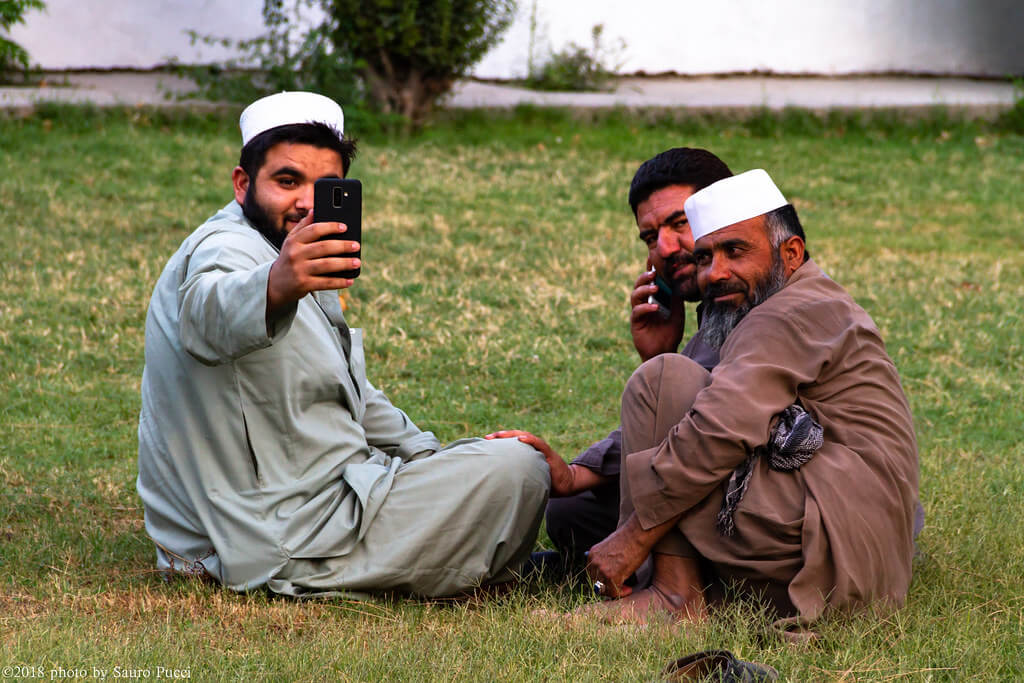
What about Pakistan’s regions?
Sindh
Few visitors know about Sindh’s southern province (though I believe they should). Only a few people travel to Karachi and maybe Sehwan Sharif. As a result, many outsiders continue to regard Sindh as a terrifying and dangerous place. It doesn’t help when some Pakistanis say the same thing.
Despite its reputation as a dangerous city, travelers are rarely victims of crime in Karachi. Other parts of the nation are equally safe to visit, despite Sindh’s underdevelopment and friendliness towards visitors. The only location that is genuinely off-limits is the Desert.
Lahore is a safe city for international visitors, as I detail further below, and almost everyone who visits Pakistan visits Lahore. The remainder of Punjab is likewise safe to visit. However, because there aren’t many international visitors to rural Punjab yet, you may confront an intrusive security guard, and some hotels may refuse to let you stay.
Foreigners’ freedom of movement is limited in several Punjabi cities. Bahawalpur and Multan are two outstanding examples. If the authorities catch you roaming about these cities, they’ll most likely put you on the next bus back to where you started. Although the police would argue differently to get rid of you, this is not because these cities are dangerous; rather, it is due to the army and intelligence activities there. They do not want foreign spies. If you want to visit these cities, use Couchsurfing to locate a host who is aware of the situation.
Khyber Pakhtunkhwa (KPK)
Many people assume that KPK is still a terrorist hotspot and that Westerners are not authorized to enter. Although this was once true, much of KPK province is now accessible to free movement for foreigners.
I have a part later in this article about Peshawar, but KPK has much more to offer than simply this magnificent metropolis. Visitors should be informed that KPK remains an exceedingly conservative province, even though I feel the bulk of its regions, including Swat, Chitral, and the Kalash Valley, are safe to visit. Tourists should take care not to disrupt local traditions while visiting this nation.
One of Pakistan’s safest regions is Gilgit Baltistan.
In Pakistan, where may you travel without fear?
Hunza, Gilgit-Baltistan
The majority of travelers visiting Pakistan want to visit Hunza at some time. Overall, Gilgit Baltistan is a peaceful region, but Hunza is the place to go if you want easy transit, friendly residents, and an established reputation for safety.
For decades, the most visited location in northern Pakistan has been peaceful. Most people will find Hunza to be a safe and simple area to visit. Every year, a large number of people, both local and international, come to participate in activities such as motorcycling and hiking.
Ghizer, Gilgit Baltistan
The peaceful Ghizer region, like Hunza, is located west of Gilgit along the path to Shandur Pass. It is a very welcoming town for travelers, and it is home to Ismaili Muslims, who are often well-educated and liberal.
Islamabad
The capital is without a doubt Pakistan’s safest metropolis. Although this results in a very sterile experience (at least in my opinion), it’s a safe and forgiving spot to start any adventure to Pakistan.
Is it safe to travel to Peshawar?
Today, however, Peshawar is a safe place to visit, and I strongly recommend it! After being destroyed by violence in recent decades, the City of Flowers is rehabilitating and attracting tourists. Although its overt conservatism may surprise some, it is also home to some of Pakistan’s most beautiful monuments (don’t miss the Sethi Haveli and the Mahabat Khan mosque), and Pashtuns are the kindest people in the country.
Is trekking safe in Pakistan?
Trekking is generally safe in Pakistan. Pakistan is a mountaineer’s dream. Every year, skilled climbers as well as casual hikers go to its mountain ranges.
Trekking in Pakistan differs from trekking in more developed countries. You won’t find the teahouse-to-teahouse hiking that you see in Nepal since the routes aren’t properly recorded and maps are difficult to obtain. In the event of an accident, you must be well-prepared because access to good healthcare is frequently limited.
Hiring local guides is highly recommended if you intend to embark on any overnight or long hikes in Pakistan. They are mountain professionals who can assist you in avoiding getting lost or being in a dangerous situation.
If you don’t want to hire a local guide, I recommend setting up camp in a hamlet and embarking on day treks from there. Day walks can be started from Kalam in the Swat Valley, Gulmit or Karimabad in Hunza, or Skardu in the east.
Travel safety tips for Pakistan
Over time, you’ll acquire intuition and come to your judgments. Meanwhile, It is recommended that people visiting Pakistan take the following precautions:
Purchase a trip guide. It is especially important in Pakistan to be aware of your surroundings, locations where foreigners are authorized to dwell, and cultural cautions.
Always keep a local phone number and SIM card on hand. People will commonly give you their phone numbers in exchange for assistance. Trust me, I know it sounds weird right now. Please contribute! They are useful for talking with hosts and other helpful people, translating in difficult situations, and informing others of your whereabouts. Telenor and Zong have the best mobile coverage in Pakistan.
Be cautious when in a crowded crowd. Crowds can be dangerous since they are the scene of bum grabs, brick tosses, and bag snatching. Keep a watch on your goods and bodily parts in huge crowds just in case.
People should be trusted. Although reading this advice may seem overwhelming, having faith in the individuals you meet will help you enjoy your time in Pakistan. The majority of Pakistanis are extremely kind to foreign guests and will go out of their way to make your stay comfortable. Suspicion is tiring; trust those who appear trustworthy. I can assure you that if someone welcomes you to their home, it is most likely because they want to show you off to their family and feed you well, not because they want to shoot you to bits.
Conclusion
In conclusion, Pakistan is a country of immense beauty and cultural significance. Improvements have been made to ensure the well-being of travelers. By conducting thorough research, adhering to local customs, and taking necessary precautions, you can experience the wonders of Pakistan with confidence.


